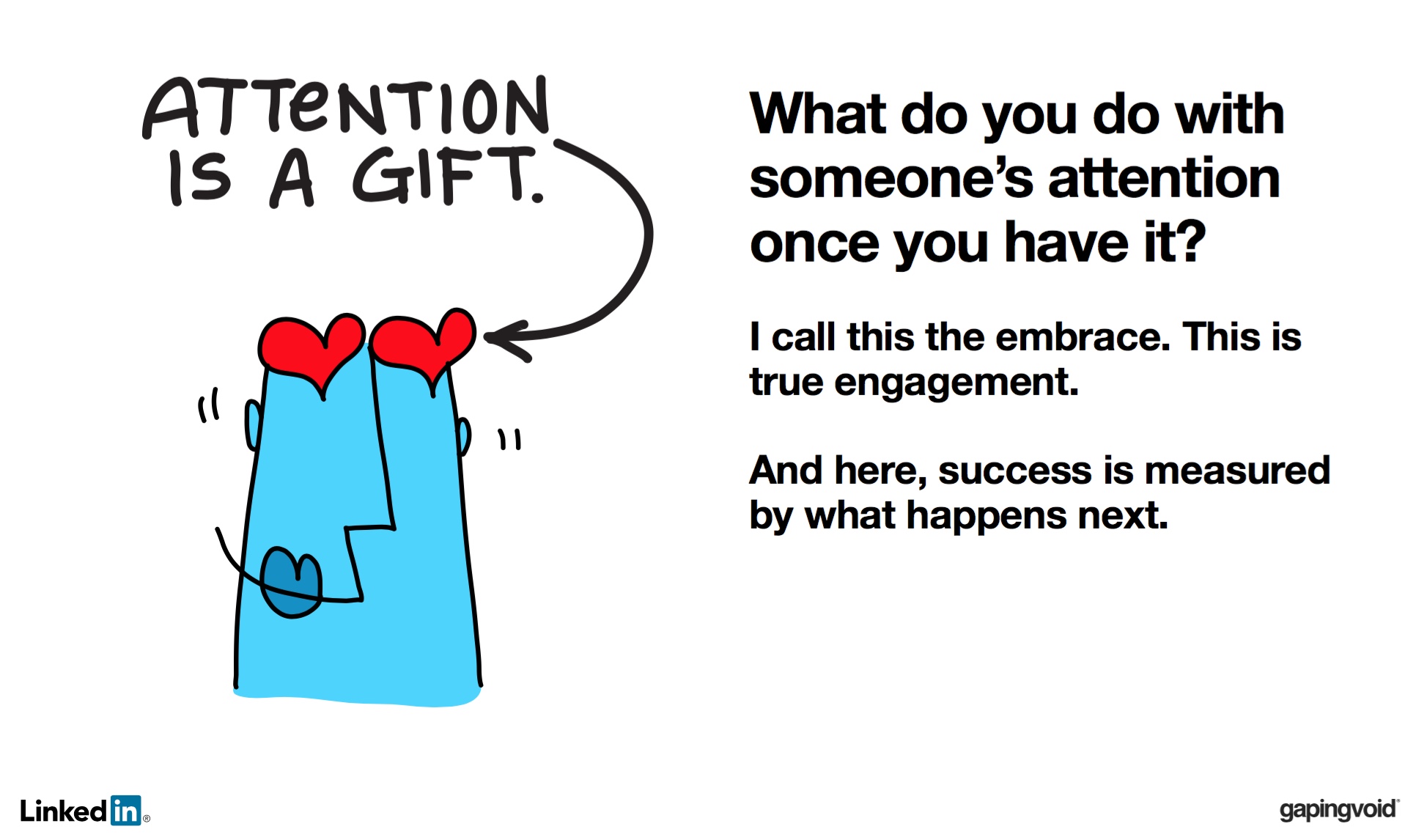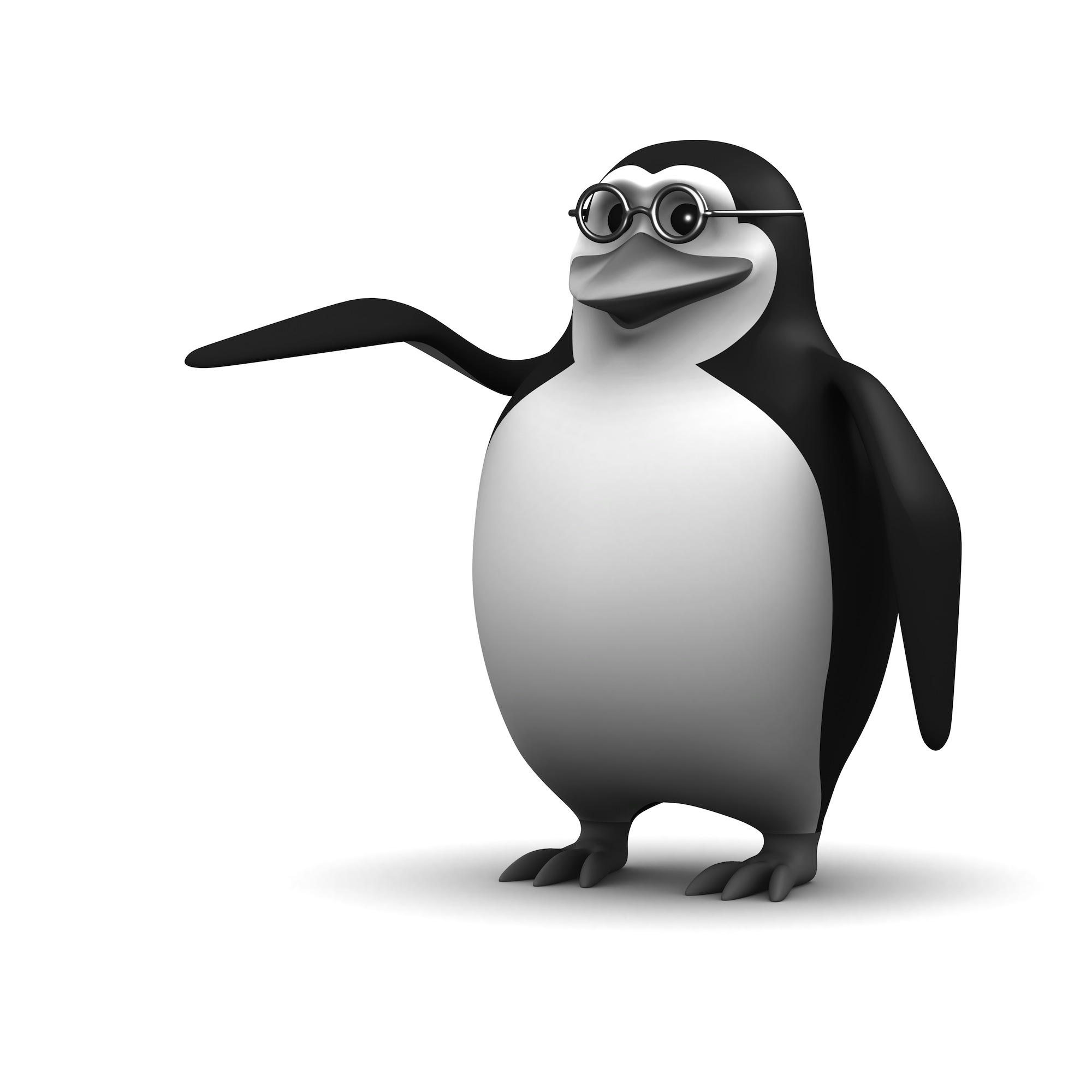More than likely you are. Be honest with yourself, how much time are you now spending on social media compared to say 2 years ago? It's addictive right? Don't worry I am not judging you, and it's not your fault. All the social networks know that we as humans are curious by nature and very very interested in other people's lives.
Yes you are, whether you wish to admit it or not. It's not an issue, really it's not. And...you just need to be aware of it.

Peer pressure exists too, how many times have you heard someone say, you're not on twitter really?? Or...well I use Facebook to spy on my kids that's all I use it for. Liar!!
The majority of 16 - 24 year olds will be massively engaged with social media. Wind forward 10 - 15 years, what will the world look like?
OK so you're a baby boomer and don't think much of this social media lark and will not get drawn into to it. Wrong!

You are already part of it whether you like it or not. Whatever you say or do in business or in your private life, people (and family) around you may be tweeting, facebooking, linkedinning you (for real Michael??).
Yep, before you speak and if you don't wish to be quoted, tell your gathering that they haven't got permission to share what you say via their social media channels.
So whether you're part of it or not, resisting or engaging, annoyed or happy, you do have to get your time spent on it back in check. Become more targeted and laser focussed on what you wish to achieve. Random doesn't work any longer and you'll get found out. Just this morning I saw someone on LinkedIn (no names) who had posted 18 articles from their website in a matter of 2 hours. Wondering who's in charge of their marketing efforts?
I've been studying social media for 5 years now and after several years of intermittent study with the thought leaders in the USA, I've recognised where this is going. No I'm not unique in my thinking.
Firstly social media is no longer a new phenomena it's now part of the marketing mix, except that it should in most organisations expand into customer service, sales and the executive floor as well.

Social media has expanded into social learning, social selling, social marketing. But in a few years the word social will start to disappear. You will be left with the originals, learning, selling and marketing.
The only difference will be that the major platforms that support these activities will become synonymous with them.
For example LinkedIn will be known exclusively for selling. Indeed what was once a recruiters website with employees CV’s is becoming THE most powerful lead generation platform in the world.
FB will become the product marketing platform in the world. Just imagine all those people on FB that could be watching your product advert on their 4G mobile.
FB has enabled message voice recording already and its just a matter of time that they will introduce video message recording technology. Your written messages will be video email instead. We are already tired of reading, but will we be happy to watch a short video?
Camera shy?? You'll get over it!

I was involved with video email even before YouTube, the only problem was that most people were on dial-up then (2005). Now with 4G becoming standard and super fast fibre broadband, it will open possibilities we've not even imagined yet.

Video cameras in your smart phone or tablet are common now, but you've heard about google glasses right?
So just imagine a world where your glasses are connected to your smart phone and whatever the camera (in your glasses) sees it can find on your smart phone, of course no need to tap on your phone, you just do it via speech if at all. The mind boggles!

I'd love to hear your views, good, bad or indifferent about social media, technology and where this is taking us. I'm excited, are you?
Success!






















